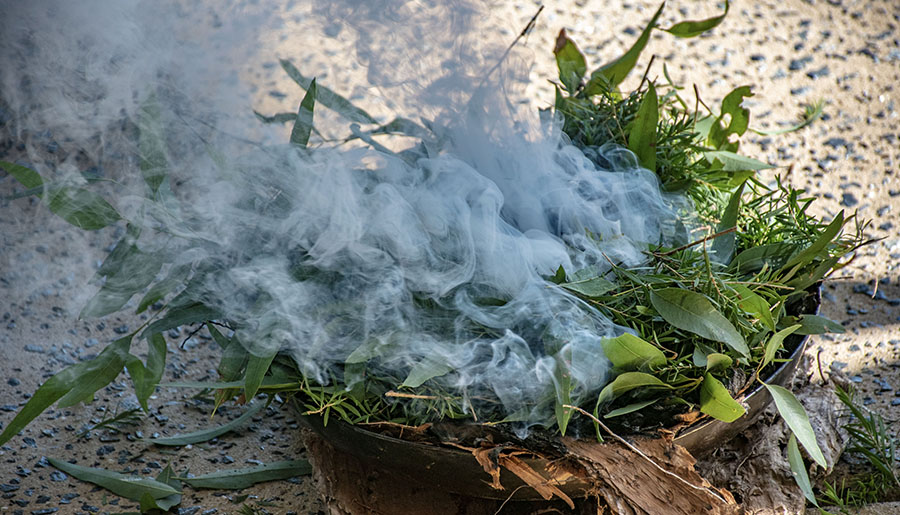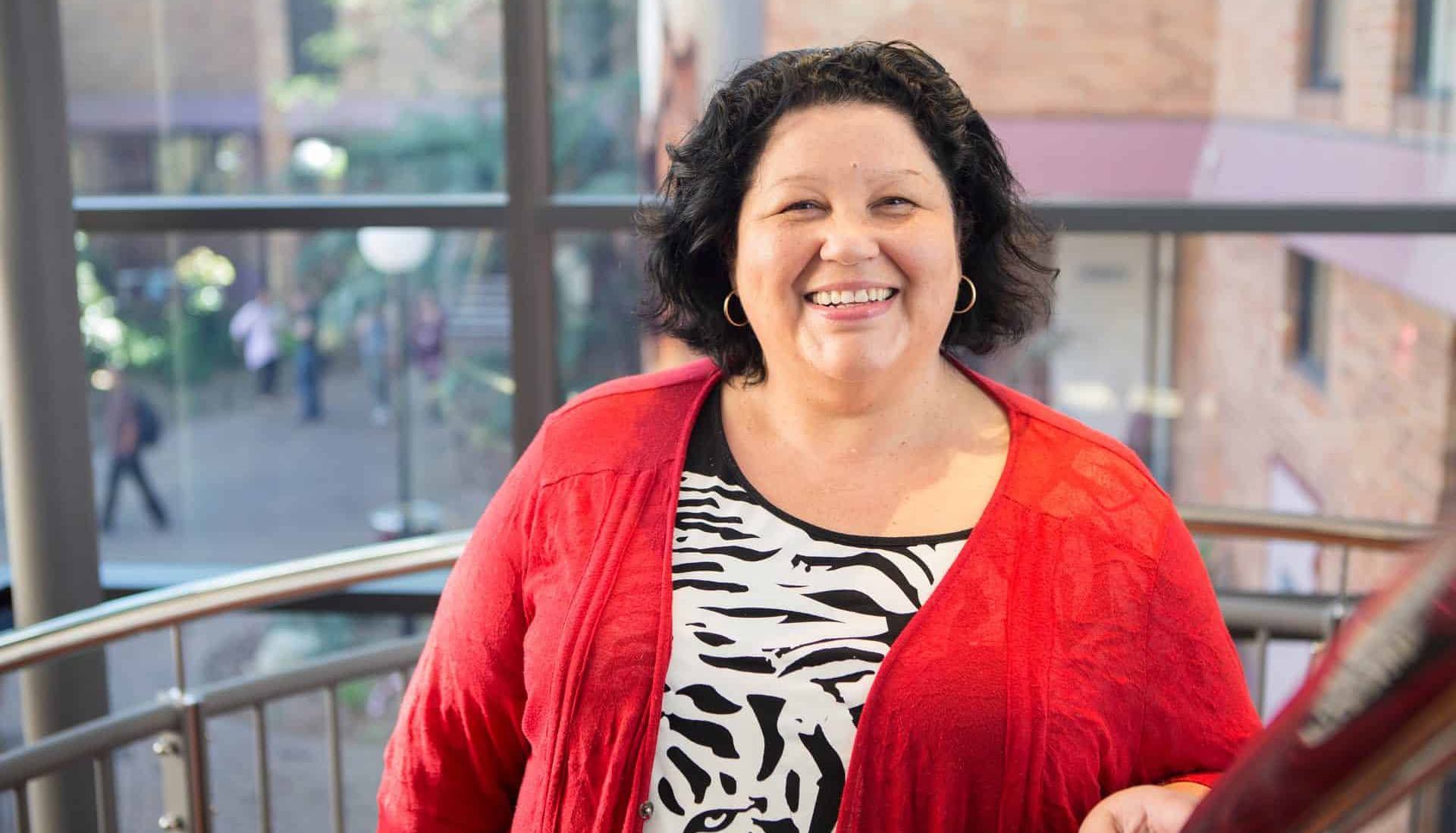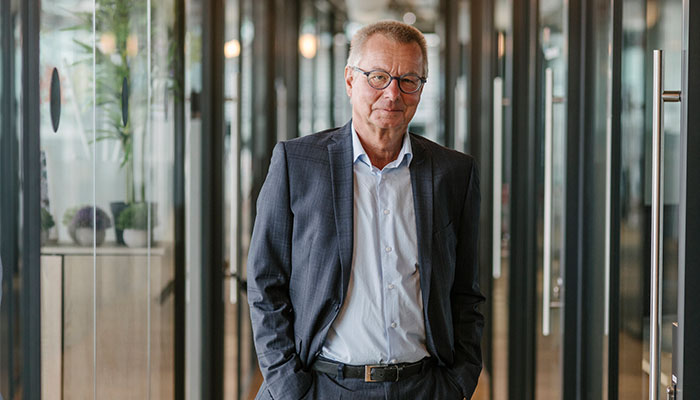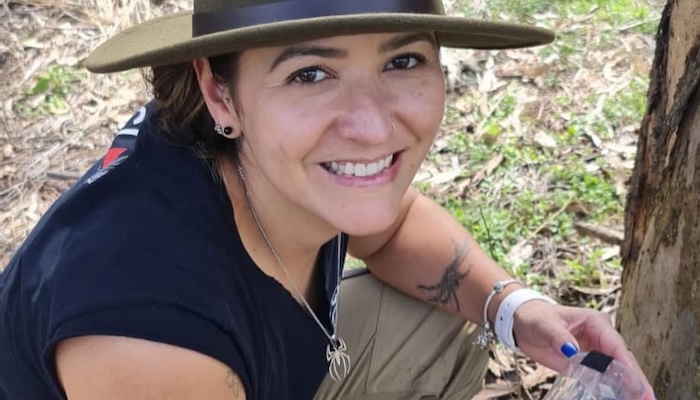Healing programs hold the key to reducing family violence that impacts Aboriginal and Torres Strait Islander people and communities.
Successful programs benefit from Aboriginal and Torres Strait Islander ownership, design and evaluation because they are based on these communities’ worldviews and holistic approaches to life.
The resilience of Aboriginal and Torres Strait Islander peoples and the richness and durability of our cultures are key to making programs work. These communities and service providers have the solutions and should be resourced to enact what works as opposed to having external programs imposed.
In our research report, What works? A qualitative exploration of Aboriginal and Torres Strait Islander healing programs that respond to family violence, we look at what works and what is required to support healing programs for the future.
The report, commissioned by Australia’s National Research Organisation for Women’s Safety (ANROWS), also aimed to specifically investigate the availability of such programs for Aboriginal and/or Torres Strait Islander LGBTQIASB+ people and those with disability.
Healing programs can take many forms, from cultural and gender specific camps, dedicated programs that focus on trauma within health and wellbeing services, and outreach services that deliver face-to-face in home or community support.
“Family violence” is the term preferred over “domestic violence” as it encompasses not just the nuclear family structure but the broader extended family and kinship relationships characteristic of such communities. “Domestic violence” is just one form of family violence. Family violence can include physical, sexual, psychological, social and economic abuse, as well as cultural and spiritual abuse targeted at individuals, families and groups.
However, while the term “family violence” acknowledges that anyone may be the subject of such violence, it should be noted that women and children are predominantly the targets.
As at November 2022, Aboriginal and Torres Strait Islander adults needed to be hospitalised for family violence at a rate of 32 times that of their non-Indigenous counterparts.
The colonial continuum
Family violence was never part of Aboriginal and Torres Strait Islander cultures or family life. It is a problem introduced and perpetuated by colonialism, also evidenced in systems of violence and power including racism, gendered violence, transphobia and homophobia, all products of colonialism.
Family violence serves as both a cause and effect of intergenerational trauma experienced by Aboriginal and Torres Strait Islander peoples. This trauma stems from colonial violence, including settler policies of extermination, segregation, and cultural and racial elimination, and is perpetuated by continuing policies and practices that target Aboriginal and Torres Strait Islander peoples such as high levels of incarceration and removal of children.
People who have experienced family violence need to be front and centre in conceptualising, developing, and evaluating healing programs that are preventative and that target people who have perpetrated family violence.
Healing programs are “anti-colonial work” – collective work against the injustices and trauma of colonisation, recognising that colonisation is not a past event with repercussions in the present, but rather is ongoing.
Addressing family violence through healing is therefore integral to addressing colonialism itself.
Parts of a whole
Our research highlighted several factors that were a source of frustration for those delivering healing programs that respond to family violence.
For a start, healing programs are not distinct services and activities. They are integral components in the fostering of health and wellbeing of Aboriginal and Torres Strait Islander communities.
People who have experienced family violence and those who have perpetrated family violence are not mutually exclusive categories. Similarly, many workers in healing services have themselves experienced family violence and trauma, and clients may also be workers in the healing and family violence fields. Thus, each may at some time have been in the other’s position.
Healing programs need to target those who have perpetrated family violence as well as those who have experienced it. Responses should focus on rehabilitation and healing, rather than criminalisation and removal of the offender. They should incorporate the community as a whole.
Aboriginal and Torres Strait Islander communities show incredible resourcefulness and innovation in supporting their people, often through informal and unfunded networks of support and services that are formed out of sheer necessity.
Many healing programs rarely receive secure, ongoing government funding, if they receive funding at all. They are either run by community members through their own generosity and ingenuity, or they are attached to a larger organisation.
Workers in these programs go above and beyond their job descriptions, and frequently run informal components of services and programs in the absence of funding simply to meet community needs.
So, what works?
The key strength of these programs is the ability to provide “real time responses” – having the flexibility to be able to deliver services and programs in places and spaces that participants felt comfortable, and at the time that they need it, regardless of business hours.
Being able to respond in real time requires having not only the funding but also the human resources. Funding needs to also allow the adequate support of workers delivering such healing programs to maintain their own social and emotional wellbeing. Healing programs need to be adequately resourced with secure, long-term funding.
- Life in a New Language: how migrants face the challenge
- Ants navigate the night by moonlight: discovery
Programs that respond to family violence must be conceptualised and led by Aboriginal and Torres Strait Islander peoples at a local level. As respondents said, “Mob needs to be the ones designing programs for mob.”
People who have experienced family violence need to be front and centre in conceptualising, developing, and evaluating healing programs that are preventative and that target people who have perpetrated family violence.
The evidence for what works is there, there’s just not enough of it. We have the solutions. We would like to see more Indigenous-led research funded so we can work closely with our own communities to better articulate what the needs are. Distinguished Professor Bronwyn Carlson believes healing programs need to target those who have perpetrated family violence as well as those who have experienced it.
Distinguished Professor Bronwyn Carlson believes healing programs need to target those who have perpetrated family violence as well as those who have experienced it.
This work is part of the ANROWS research report series and a larger project, An exploration of Aboriginal and Torres Strait Islander healing programs that respond to domestic and family violence and sexual assault. ANROWS was established as an initiative of Australia’s first National Plan to Reduce Violence against Women and their Children 2010-2022 (National Plan) by the Commonwealth Government and all state and territory governments of Australia.
Distinguished Professor Bronwyn Carlson (pictured above) is Head of the Department of Critical Indigenous Studies.



